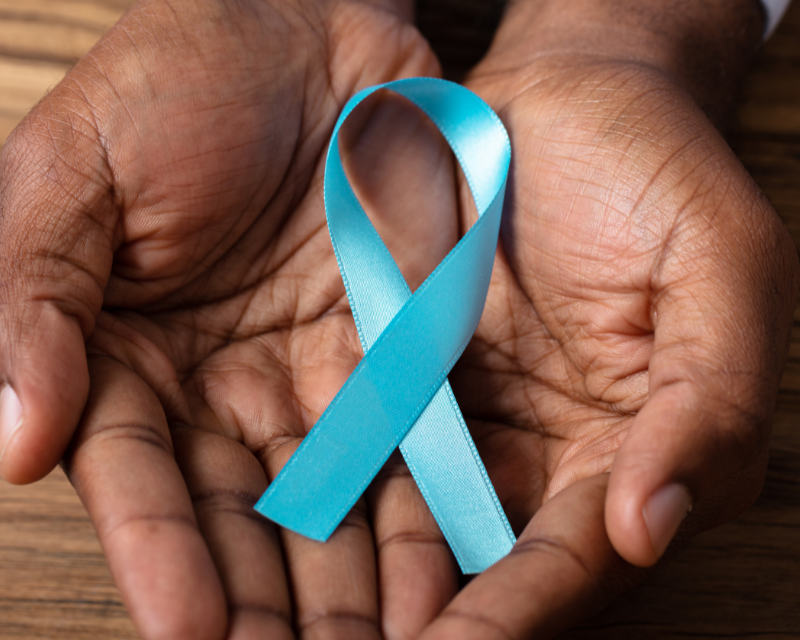
In 2019, the U.S. National Human Trafficking Hotline saw a nearly 20 percent increase over the previous year in victims and survivors directly reaching out for support for themselves. This is a significant development for both the Trafficking Hotline and potentially, for the anti-trafficking field overall.
The shift is meaningful for the Trafficking Hotline because victims and survivors of sex and labor trafficking know their own needs and wants better than anyone else, and when they call or text, the Trafficking Hotline is most likely to be able to provide critical help.
And it is meaningful for the field because it suggests there has finally begun to be critical mass in a shift of awareness messaging. The fact that survivors and victims themselves are recognizing that they need help and that help is available suggests that more messaging is being targeted toward their needs. At the same time, presumably fewer resources are likely going toward “see something, say something,” kinds of campaigns – the kinds that suggest, incorrectly, that strangers can recognize trafficking in situations they don’t understand because there will be visible signs.
Even in those situations, if the victim or survivor is identified but has not chosen to make the call for support themselves, they may not be ready to be helped.
Take, for example, Vanessa (not her real name). Vanessa told the Advocate on the U.S. National Human Trafficking Hotline that she had finally decided it was time to get out. She and several other women were being held in a home and forced to engage in prostitution. If they refused or fought, their trafficker withheld food and water and threatened them with a firearm. Their trafficker had cameras placed throughout the house and monitored them at all times. At the time of her call to the Trafficking Hotline, Vanessa was with a buyer and requested that law enforcement be sent to remove her and the other victims from their situation. The Trafficking Hotline was able to report to trusted contacts who acted quickly and extracted Vanessa and the other women. In the course of their investigation, the Trafficking Hotline’s law enforcement partners determined that Vanessa’s situation was actually part of a larger network based in another city and state.
When survivors like Vanessa are able to directly reach out to the Trafficking Hotline on their own terms, Hotline Advocates are able to talk through all available options, empowering the survivor to make the best decision for themselves. Hearing directly from the person affected also provides the Trafficking Hotline with the best information to take necessary and appropriate action – whether that means collaborating on a safety plan, connecting with a lawyer, finding a safe place to stay, identifying a trauma counselor, or, in some cases, seeking law enforcement intervention.
If someone close to Vanessa had contacted the Trafficking Hotline a few months earlier, they may not have had much insight into her situation or needs. However, the Trafficking Hotline could still speak with them about how to best support Vanessa and work to create a plan for safely sharing the Trafficking Hotline’s information with her. Taking action, like contacting law enforcement, without Vanessa’s knowledge or consent could have had negative consequences for her and the others who were trapped with her.
Last year’s statistics show we are finally beginning to reach survivors, where they are, and offer the kind of support only they truly know they need. We continue to encourage everyone to learn more about how trafficking really works – forget the signs and learn the real story.


